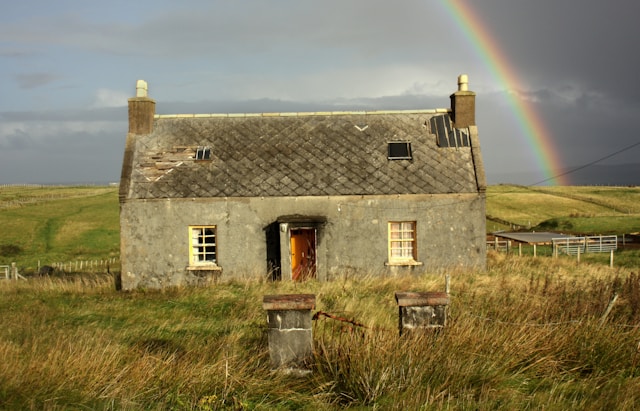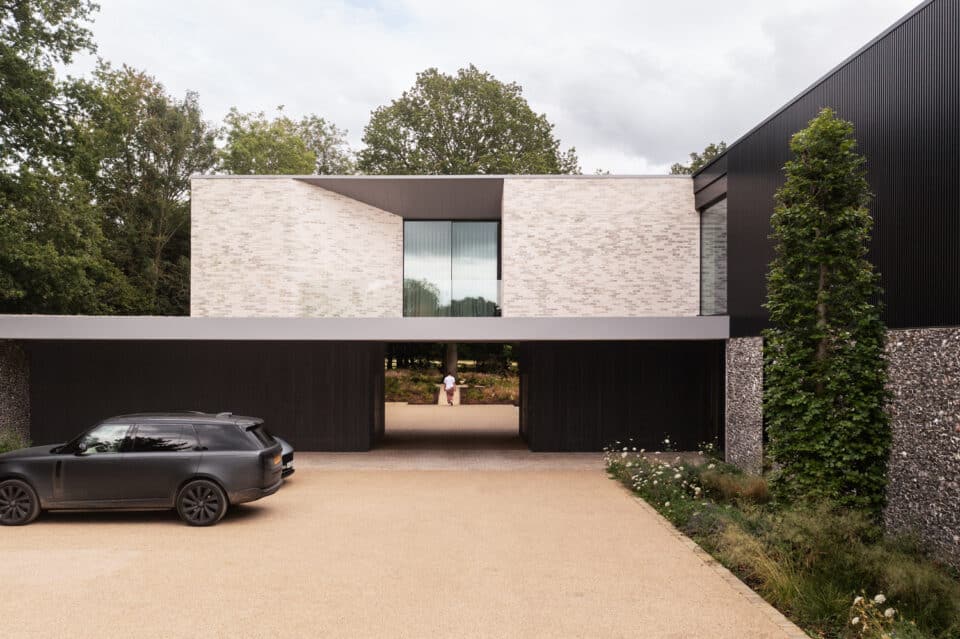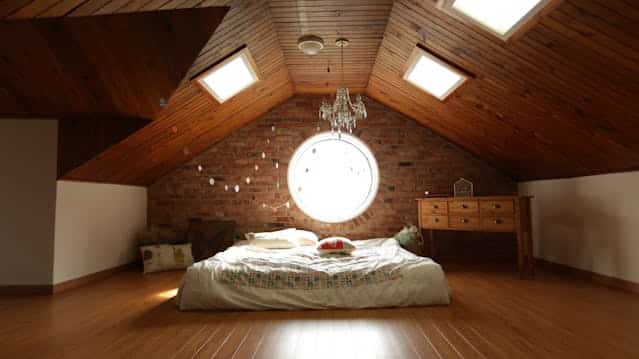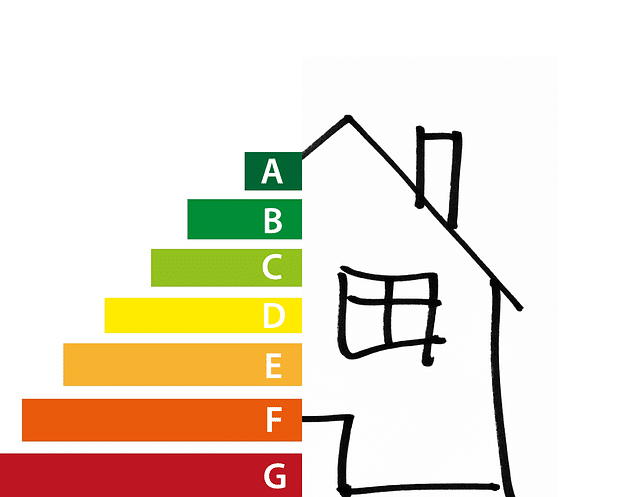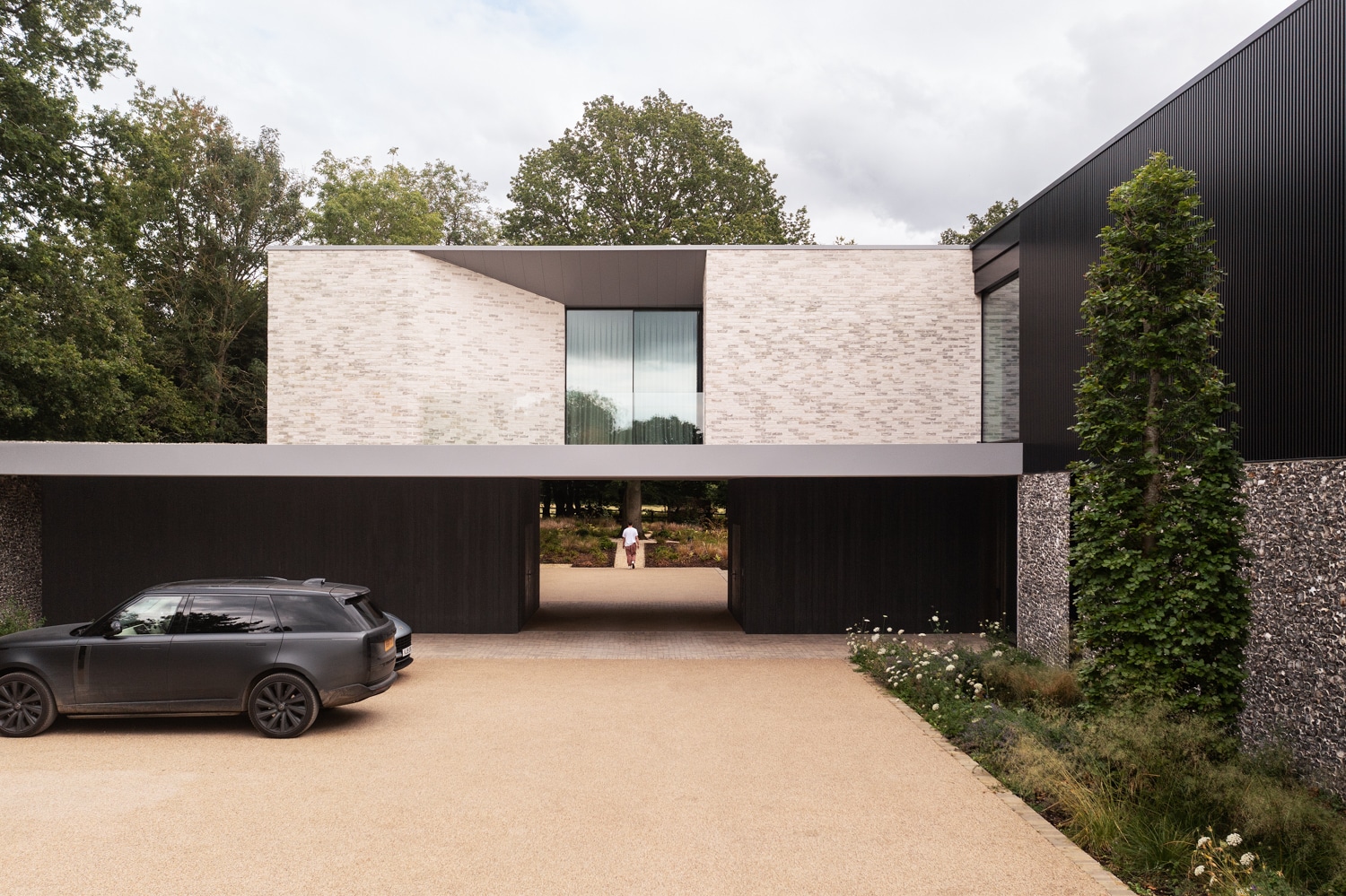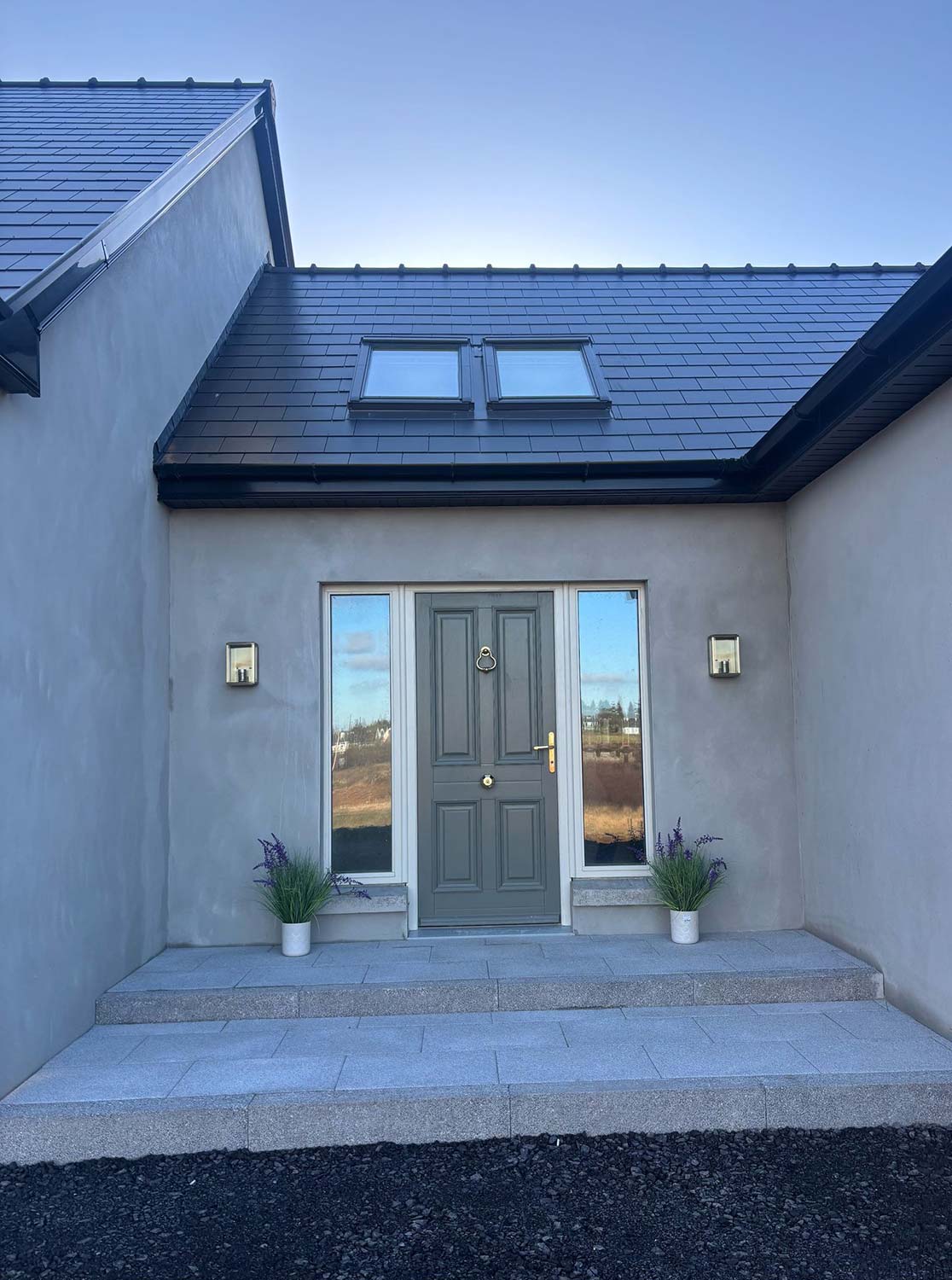In this article we cover:
- Key highlights of new loan scheme
- Who is eligible
- Types of properties covered
- Combining grants and support
In a bid to support first-time buyers looking to renovate vacant or derelict properties, the Minister for Housing, Local Government and Heritage, Darragh O’Brien TD, announced the Government’s approval of the Local Authority Purchase and Renovation Loan (LAPR).
This new initiative builds on the existing Local Authority Home Loan, expanding it to cover both the purchase and renovation of properties eligible under the Vacant Property Refurbishment Grant.
The Vacant Property Refurbishment Grant has already seen success, with over 8,100 applications received. The new LAPR aims to further assist first-time buyers by offering a loan that covers both the purchase and necessary renovation of these vacant or derelict homes.
To be eligible for this support applicants will need to meet the local authority mortgage lending criteria and the specific project criteria under the LAPR scheme. Previously, only habitable homes qualified for the Local Authority Home Loan, which was solely for property purchases. The LAPR, however, now includes renovation funding, significantly broadening the scope of eligible properties.
Minister O’Brien stated: “The extension of local authority mortgage lending to the purchase and renovation to all homes eligible for the Vacant Property Refurbishment Grant will help people who are struggling to complete the purchase and renovation of a vacant or derelict property and will give them the necessary finance to make their project viable. Under Housing for All, we are committed to make the dream of home ownership become a reality for as many as possible. This loan provides another pathway to reaching that destination.”
Key feature of the LAPR
The LAPR will be available in the coming weeks, offering a new financial pathway for potential home owners who struggle to secure funding from commercial lenders. A key feature is the inclusion of a bridging loan. Tied to the Vacant Property Refurbishment Grant, this will boost applicants’ borrowing capacity and project viability. The bridging loan is repayable once the grant is paid out. This approach allows more funding for renovation works than typical bank loans.
The LAPR will take into account the cost of the project, net of the Vacant Property Refurbishment Grant, when determining whether a project is viable or not.
Who can benefit?
The LAPR is designed for:
- A person with a project that is viable and whose income is insufficient to source the necessary financing from a bank but is sufficient to demonstrate repayment capacity for their local authority.
- A person whose project is not viable according to bank lending criteria but is viable according to LAPR lending criteria. They would also need sufficient income to demonstrate repayment capacity for their local authority.
Eligibility Criteria
Applicants must:
- Be first-time buyers or Fresh Start applicants.
- Meet income limits (€70,000 single, €85,000 joint).
- Be eligible for the Vacant Property Refurbishment Grant.
- Pass a creditworthiness assessment and demonstrate the capacity to repay the loan. Borrower repayment capacity will be capped as usual at 35% of net disposable income.
- The home must be the applicant’s primary residence, and the local authority must hold the first charge on the property. Additionally, applicants who have already purchased a home can apply for renovation funding, provided the LAPR has the first charge on the home.
- Applicants may be required to provide additional evidence if they were denied financing for project specific reasons.
- Ensuring project viability is crucial. Applicants must provide professional analysis to show they can complete renovations to the required standard and within a reasonable cost. The financing requested must conform with the scheme’s lending criteria for the proposed renovations.
Types of properties covered
Properties must:
- Qualify for the Vacant Property Refurbishment Grant.
- Be vacant for more than two years.
- Meet all other criteria under the grant.
- Must be the applicant’s private, main residence.
- Be assessed on its condition – this will still be a factor in the lending criteria and project assessment.
- Not exceed specified market value limits after renovation, varying by region, as follows: €360,000 in Dublin, Kildare or Wicklow; €330,000 in Cork, Galway, Louth or Meath; €300,000 in Clare, Kilkenny, Limerick, Waterford, Westmeath or Wexford; €275,000 in Carlow, Cavan, Donegal, Kerry, Laois, Leitrim, Longford, Mayo, Monaghan, Offaly, Roscommon, Sligo or Tipperary.
Combining grants and support
Applicants can combine the LAPR with the Vacant Property Refurbishment Grant and other supports, such as those from the Sustainable Energy Authority of Ireland (SEAI). However, the bridging loan component applies only to the Vacant Property Refurbishment Grant.
Existing Local Authority Home Loan and Vacant Property Refurbishment Grant
The Local Authority Home Loan has already helped over 3,803 households to achieve homeownership, with over €625m in loans drawn down to date. Over €73m was lent by local authorities to 452 borrowers in 2023 alone.
The Vacant Property Refurbishment Grant, launched in July 2022, has also been instrumental in returning vacant and derelict properties to use. Over 8,100 applications have been made, some 5,000 approved and the number of grants that are being paid out is now increasing as refurbishment works are being completed. 375 have been paid to date and this number is expected to rise very substantially over the coming months.

